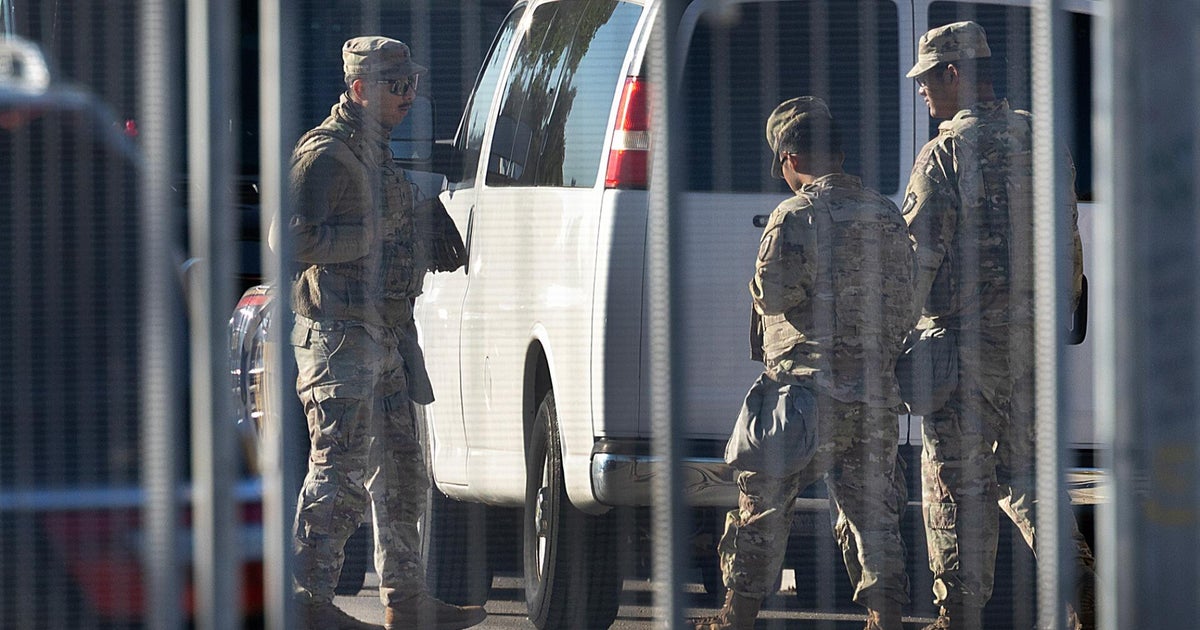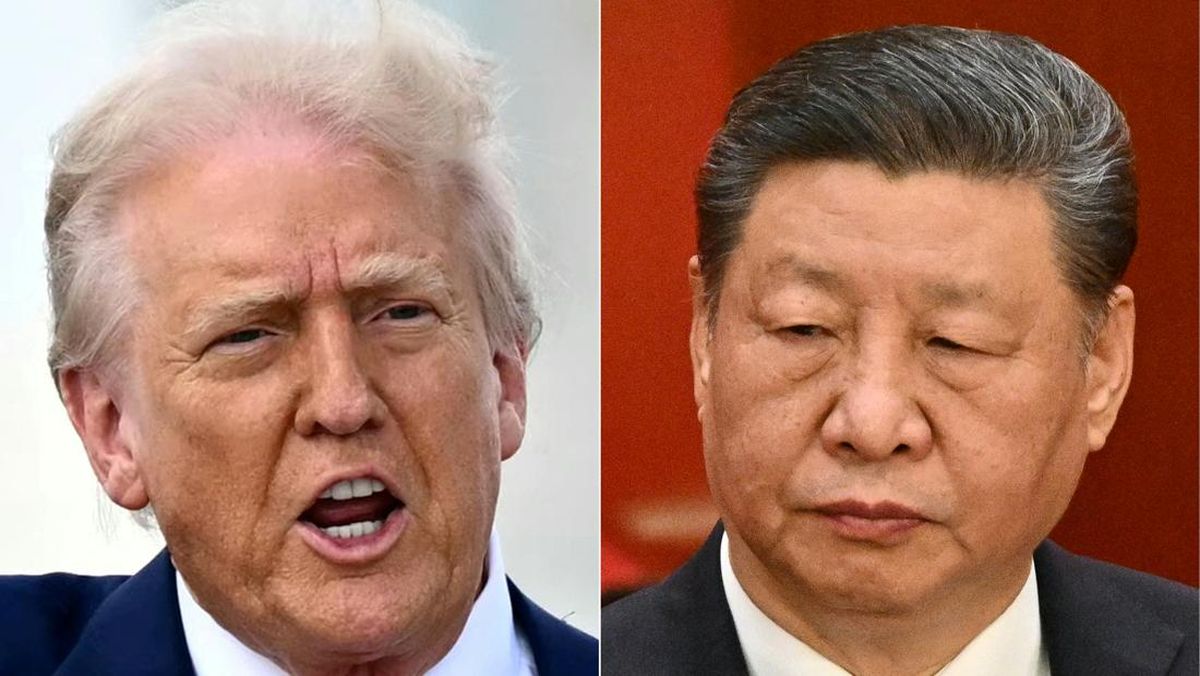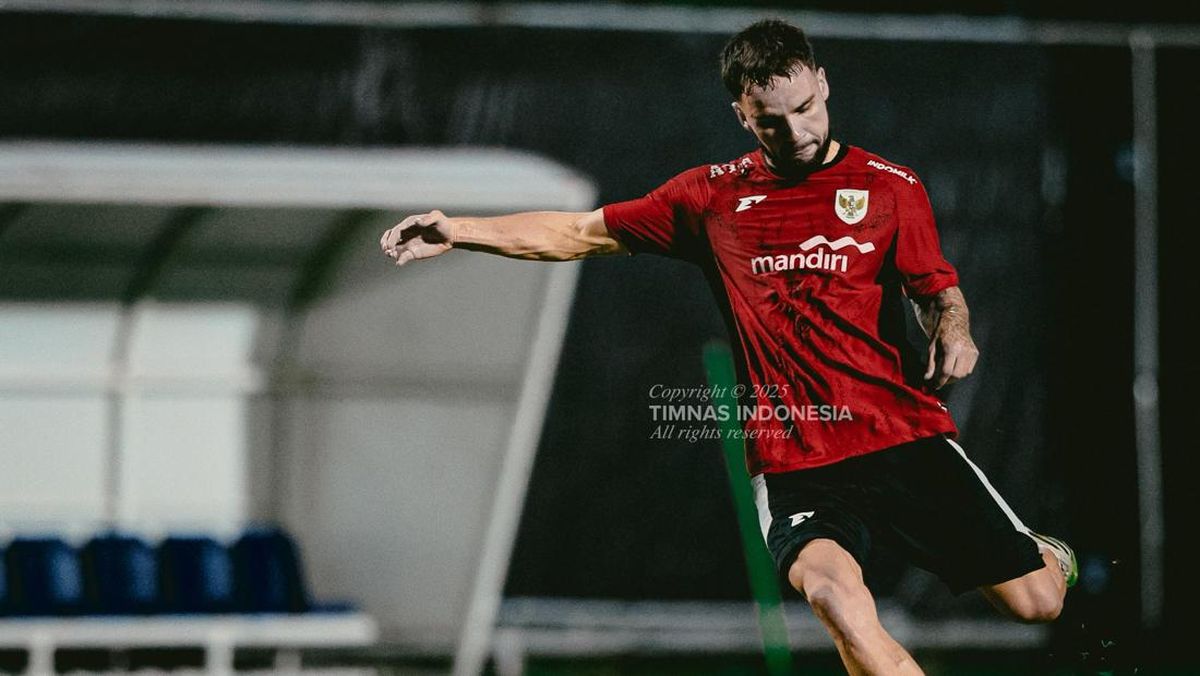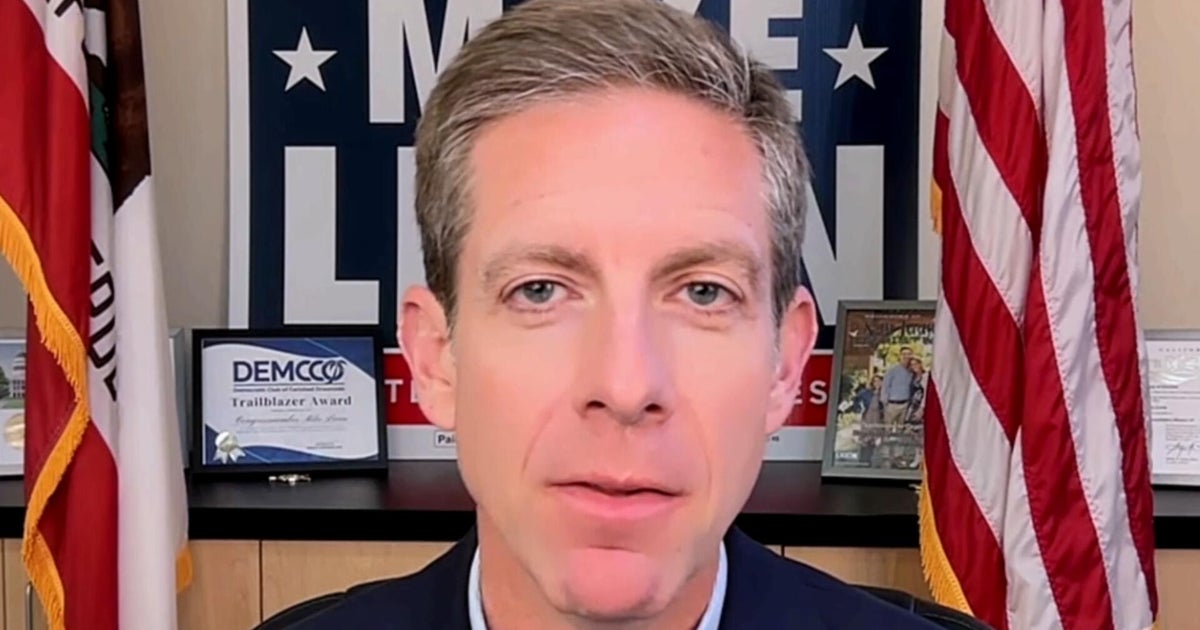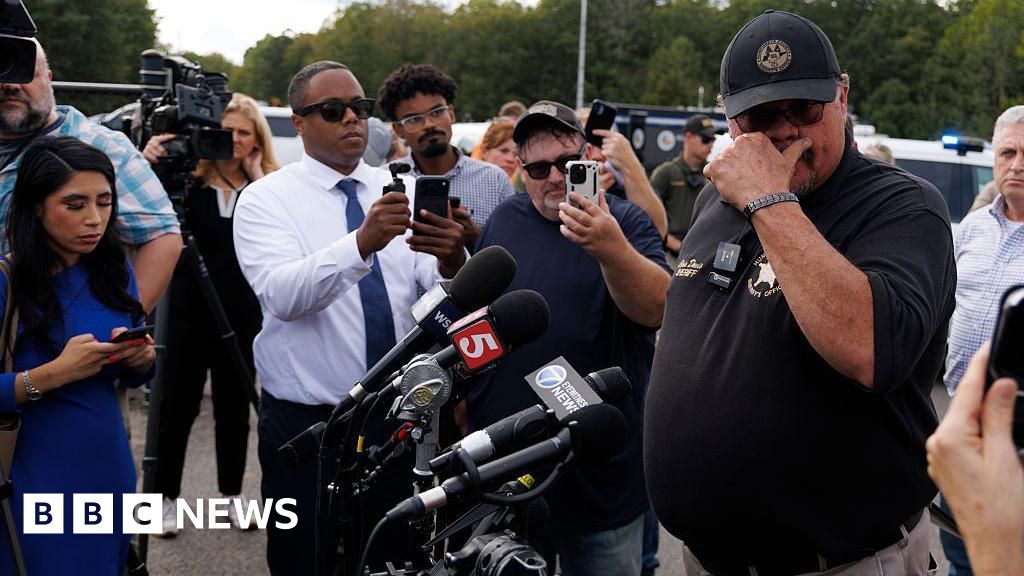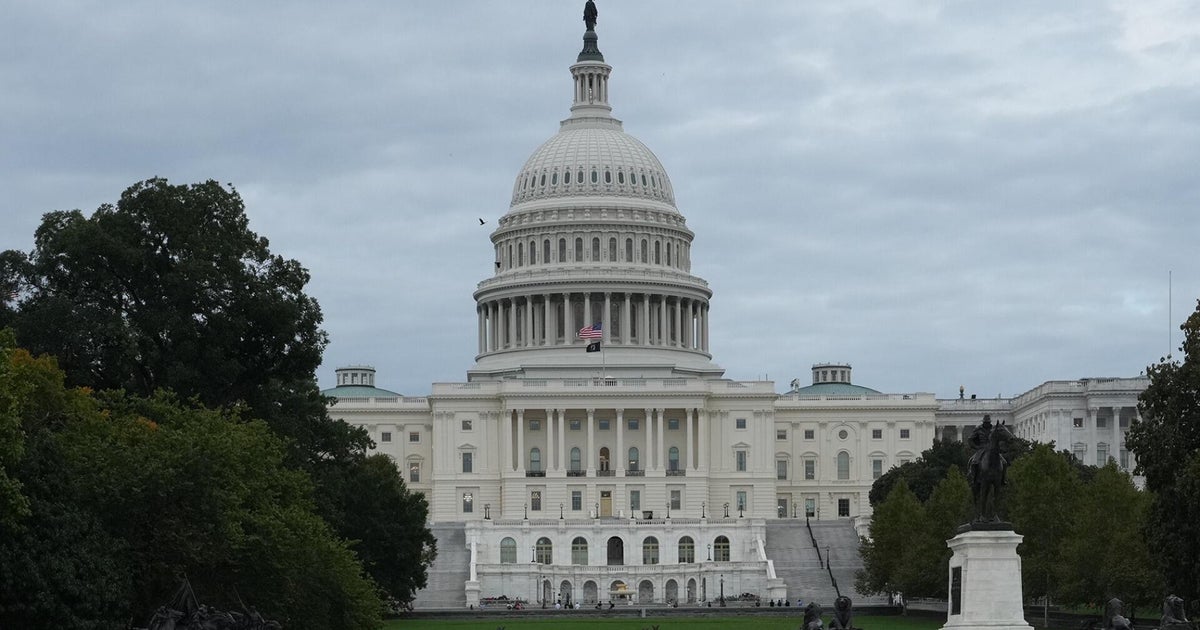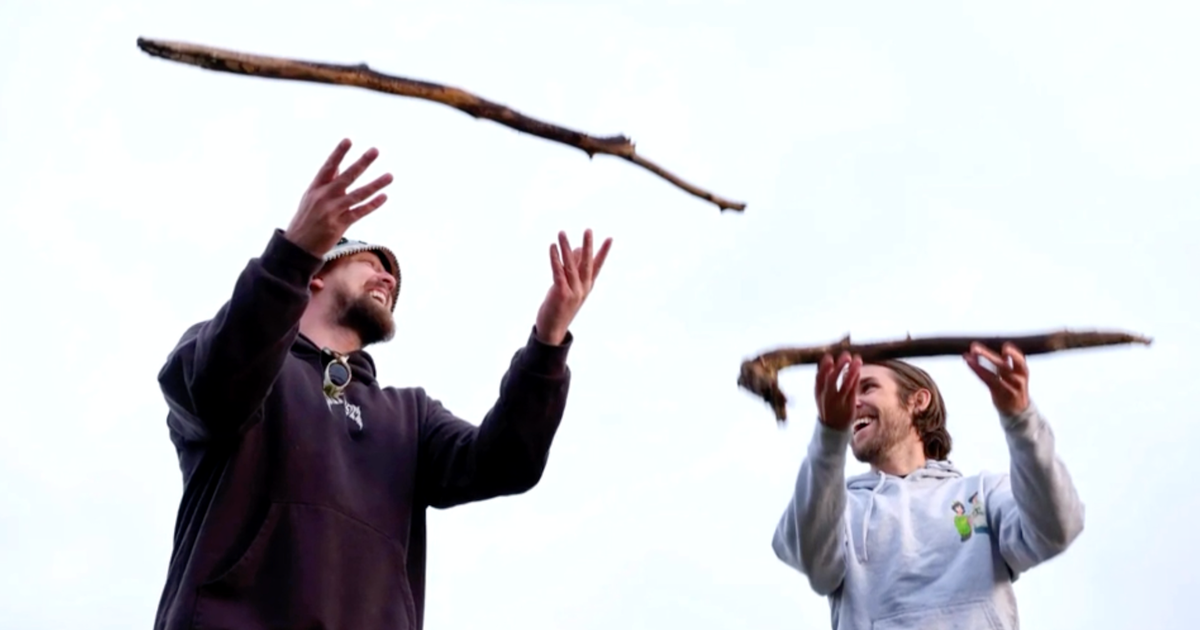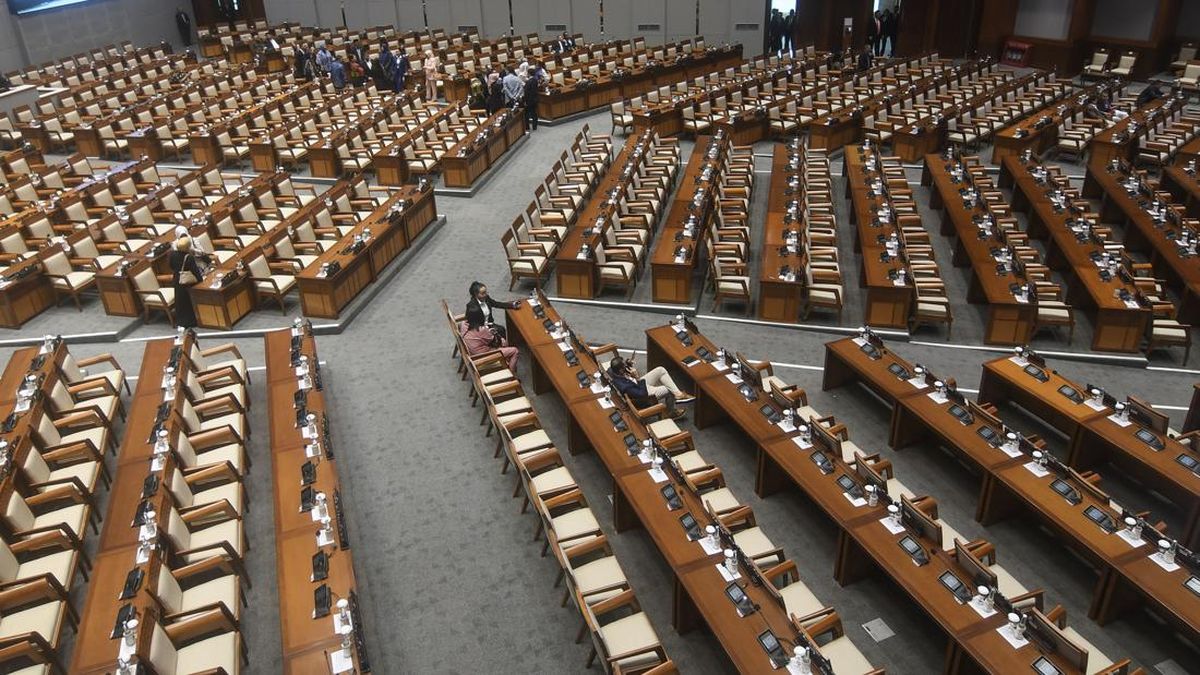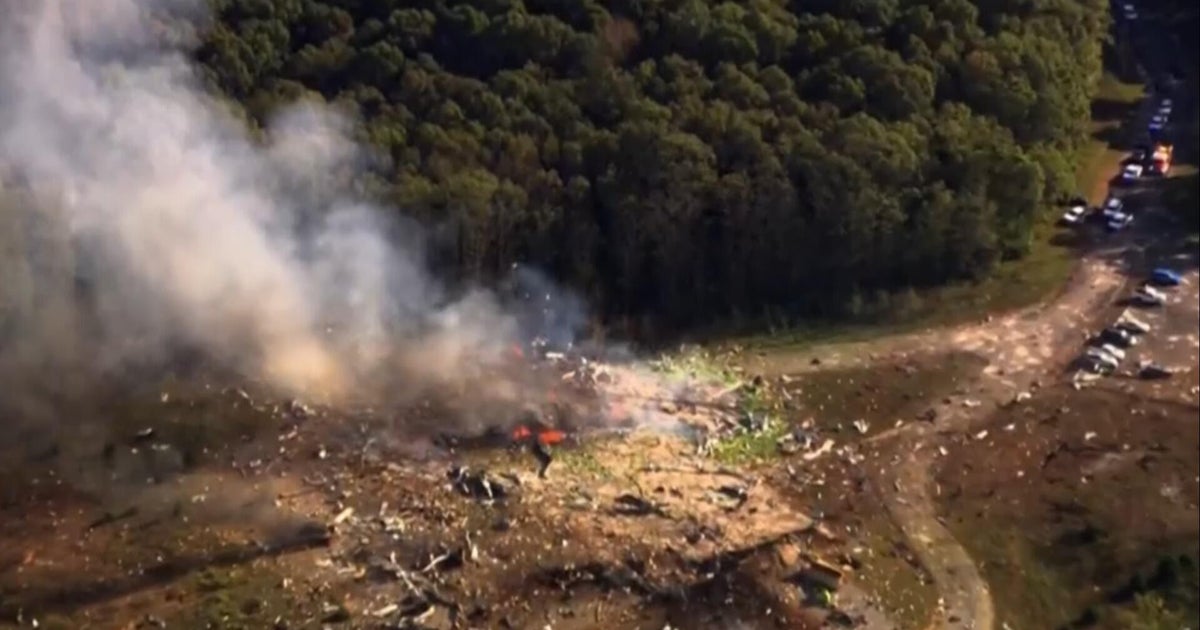You’re in a group chat with your mates. And then one says something so off, you don’t even know how to respond. So you let it go. Then you let it go again.
It’s a common response, says Jackson Katz, author of the new book Every Man. He is in Sydney this week to deliver a keynote at the fifth World Conference of Women’s Shelters, organised by WESNET, the Women’s Services Network, a national network of specialist domestic and family violence services across Australia.
But that common response, that moment when you can’t call out your mates, no matter how badly they behave, is partly why Katz and allies devised a new way of being a bystander. And it’s not nearly as terrifying as having to confront your mates.

Teenage boys and young men may want to speak up, but it can be particularly difficult in group settings.Credit: Marija Ercegovac/ digitally altered
There is, says Katz, a pressure to remain silent just to fit in. It starts at school and gets reinforced, particularly if you are part of what he describes as “cohesive organisational cultures”. Work, sport, it happens everywhere – and it’s strengthened because you are all mates, pals, good guys here.
In her new role (as of May this year), Tanya Plibersek is also at the conference. After the federal election, Plibersek became our newest minister for social services, a move she said felt like “coming home”. She’s determined to make change, driven by a long-term fire in her belly. That became supercharged when her daughter Anna Coutts-Trotter revealed she’d been a victim of domestic violence at the hands of a partner.
“It makes me sad I never made a safe enough world for my daughter and her generation,” said Plibersek, earlier this year.
Now, on the eve of her address to the conference, she says the government is working hard to invest in ways to work with men and boys in violence prevention. That includes supporting men who use violence to change their ways, and stop their abusive and controlling behaviour. You might not think that happens in group chats, but think again.

Minister for Social Services Tanya Plibersek says her new portfolio felt like ‘coming home’.Credit: Alex Ellinghausen
How do you risk that mateship if you speak up? Katz has plans.
He has different scenarios - although the language is a little awkward. A mate says something sexist about a colleague, or a classmate, and immediately you know it’s wrong. Unfair, unprofessional. But then “maybe it’s no big deal, and I’m overreacting”.

Jackson Katz, speaker on gender violence and author of ‘Every Man’, is in Sydney this week.Credit:
So, a few thoughts from Katz: What are your responsibilities to the person being dunked on in the chat? What are your responsibilities to the mate who is acting like a douche? What’s your responsibility to yourself – and then to the group?
And when you’ve done a quick whiz through of all that, ask yourself what action you can take. Now, we are all superheroes in our imaginations. Or, as Katz says, many of us see ourselves as the kind of person who can take action in the face of injustice.
“But a lot of people don’t take action, because real life is usually messier and more complicated than people’s fantasies,” he says.
That’s a problem schools across the country are trying to sort through. Nadia Nero, head of the middle school at Trinity Grammar School in Sydney, says they use the language of ‘upstander’ rather than ‘bystander’. They talk about it with the boys when they get together in big groups, and during PDHPE.
“We workshop with the boys what it means to be an upstander – both online and in real life – and explore the practical ways they can take action. We teach them that standing up for others reflects their moral compass, and that they have a meaningful role to play in challenging the sexist cultural norms that too often underpin gender-based violence.”
“We workshop with the boys what it means to be an upstander – both online and in real life.”
Nadia Nero, Trinity Grammar SchoolThey also talk about the ways boys and men can be uniquely positioned to intervene – and how recognising those moments can make their actions even more effective.
“That includes supporting each other in calling out inappropriate behaviour, and working through the social fears and consequences that can come with speaking up,” she says.
“It’s about equipping them with the tools and confidence to act with integrity – to be the voice that interrupts, the hand that helps, and the example others follow.”
Loading
Katz says some boys and men “bought the lie that somehow gender equality is their enemy, and somehow it’s a zero-sum game, if women rise that somehow men will be diminished”.
But he wants them to know this: “That’s just wrong on the face of it. I think it’s wrong factually, I think it’s wrong ethically and morally and politically.” Plus he says the women’s movement did quite a bit to liberate men. He says he can draw a line from the women’s health movement, which brought us Our Bodies, Ourselves to the current men’s health movement.
“But when’s the last time you heard on Joe Rogan or the manosphere or [in] Jordan Peterson speeches an acknowledgement that feminist leadership has done enormously good things for men’s health and for the acknowledgement of men’s emotional vulnerability [and] relational longing?”
The federal government has committed to almost $35 million to establish a new national early intervention trial for young men and boys [aged 12 to 18 years], funding 14 trials around the country to see what works best.
Plibersek delivers her opening keynote tomorrow. Katz follows on Wednesday with ‘Why Violence Against Women is a Men’s Issue’.
Loading
Katz has one final piece of advice: It’s daunting to confront our peers.
“But the act of acknowledging them, and our role within them, can feel galvanising. More than 30 years of running bystander and leadership training workshops have shown me that many men find it cathartic and even liberating to talk about the ways in which their fear of being ‘unmanned’ or ostracised has kept them silently complicit in the face of their fellow men’s mistreatment of women.
And he wants men to ask themselves this: When you say “not all men”, ask yourself what are doing to make sure it’s not all men.
Make the most of your health, relationships, fitness and nutrition with our Live Well newsletter. Get it in your inbox every Monday.
Most Viewed in Lifestyle
Loading


